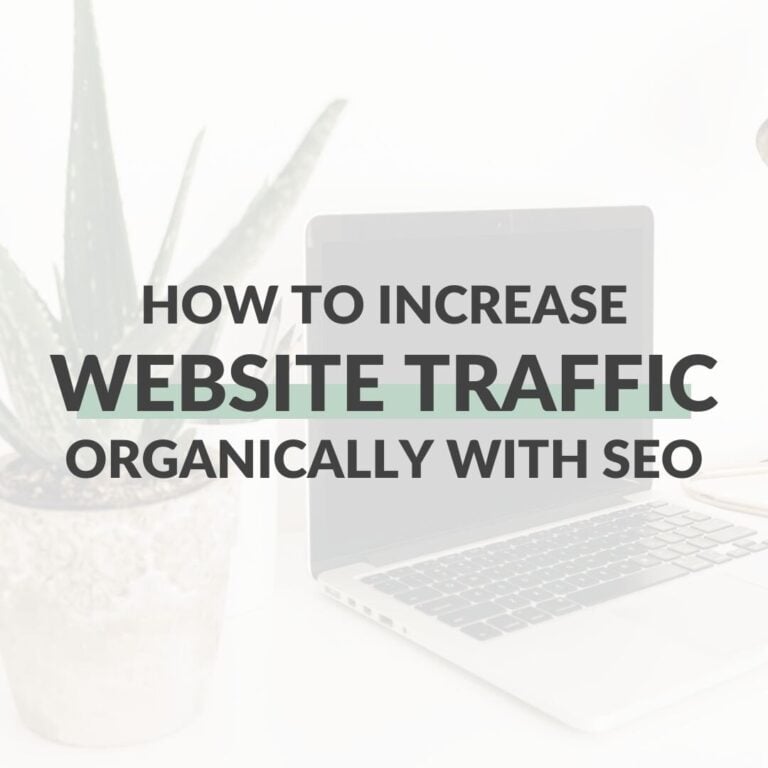What is Search Intent in SEO? Everything You Need to Know
Google is getting more innovative and is not interested in ranking pages people don’t want to see. So knowing the target keyword isn’t as important anymore. If you want to increase your organic traffic, don’t focus on keywords alone – make sure your site is optimized for search intent and be ready to compete with the top results.
SEO success is based on matching landing pages to search intent. Matching information and messages with the right audience is essential to effective keyword research. So your SEO strategy must involve finding keywords and targeting them to meet specific intent.

What is Search Intent?
The term “search intent” describes the purpose of an online search. It’s why someone is looking for information on the internet, which can vary depending on the person.
Search intent is critical in SEO. You need to know what people are looking for to write content around that. You also need to target keywords that match the intent of the person who is searching. This means researching what people are interested in and then designing your website and content around those topics.
For example, someone looking for information about a product they’re interested in might have “product search intent.” Someone trying to find a specific piece of information, like the address of a restaurant, might have “location search intent.” And finally, someone who just needs to kill time and explore their options might have “browsing search intent.”
Do many factors go into determining an individual’s search intent.? These include what they’re trying to find, where they are looking for it, what they know about the topic already, and how likely they will find what they’re looking for.
For example, if a user is looking for a recipe, the search engine might show results for “recipe” with a higher search intent than “recipe ingredients.”?
Search engines also use search intent to personalize results.? For example, if you type in “New York City” and the first result is an article about visiting New York City, the search engine might show more related results (like hotels or restaurants) with a higher search intent that would be relevant to your interests.
Why is search intent important for SEO?
When someone is looking for information about a specific topic, a search engine can help you become an authority in that field. Matching their intent will help you provide the most relevant and accurate information possible, making your audience trust and respect your expertise.
4 Types of Search Intent
There are four main types of search intent: informational intent, navigational intent, commercial investigation intent, and transactional intent.
Informational Intent
Informational intent, as the name suggests, refers to searches that are done with the intent of finding information. Searchers will have a specific question on a topic they want to gain more insights into. For example, if someone is looking for a cookie recipe, the keywords will have to mirror this.

Google results for “chocolate chip cookies” show different recipes with the main ingredients listed and the lead photos. On the right-hand side, it also shows the Wikipedia article that details the history of chocolate chip cookies.
Navigational Intent
Navigational intent refers to searches that aim to result in a specific website. For example, one may search “Twitter” or “BBC News.” In addition, a person searching for a product or service may also be searching for information about the brand they already use, and hence may be looking for a specific website to roam free and find various products.

Google results for “Facebook” shows Facebook’s login URL first, as well as its homepage. The first page also shows the latest news on Facebook from various mainstream media sources.
Commercial Investigation Intent
This type of search intent focuses on completing an action. A user searching for noise-canceling headphones may be in the transactional category, but that doesn’t mean they are ready to buy now. They may still be weighing their options before deciding, so they are investigating.

Google results for “midcentury modern light fixture” shows a variety of product images from Wayfair and Amazon first.
Transactional Intent
In contrast, transactional intent occurs when a searcher looks for a specific product – the customer knows what they want to buy and is looking to purchase it at that moment. When someone is looking for a product, they are looking to buy it. They already know what they want to find.
By understanding the behavior associated with each type of intent, marketers can better target keywords and optimize their websites for these users.

Google results for “best air fryer 2022” shows some product pages first and then shows articles that list the best air fryers on the market. These articles typically list the pros, cons, and pricing of each air fryer.
How to Optimize Your Content for Search Intent
We want you to know that the landing page you are creating needs to fit your audience’s search intent. If people are looking for information, you don’t want to show them a product page.
If someone lands on your longer blog posts, you might lose them. In this case, lead them to your shop and the right product page.
Optimizing your product pages for commercially driven keywords is a good idea. For instance, if you sell dog vitamins, you could optimize a product (category) page for the search term “buy dog vitamins.”
If you want to give your dog vitamins, you can do a few things to optimize the process.
Bottom Line
Landing pages can be created in various ways, but the most critical aspect is to match the correct information and messages to the right audience. When it comes to keyword research, it’s essential to understand search intent.
By understanding what people are looking for when they type specific keywords into a search engine, you can create landing pages that match those interests. Landing pages that match the right search intent will lead to higher click-through rates and better SEO success.





